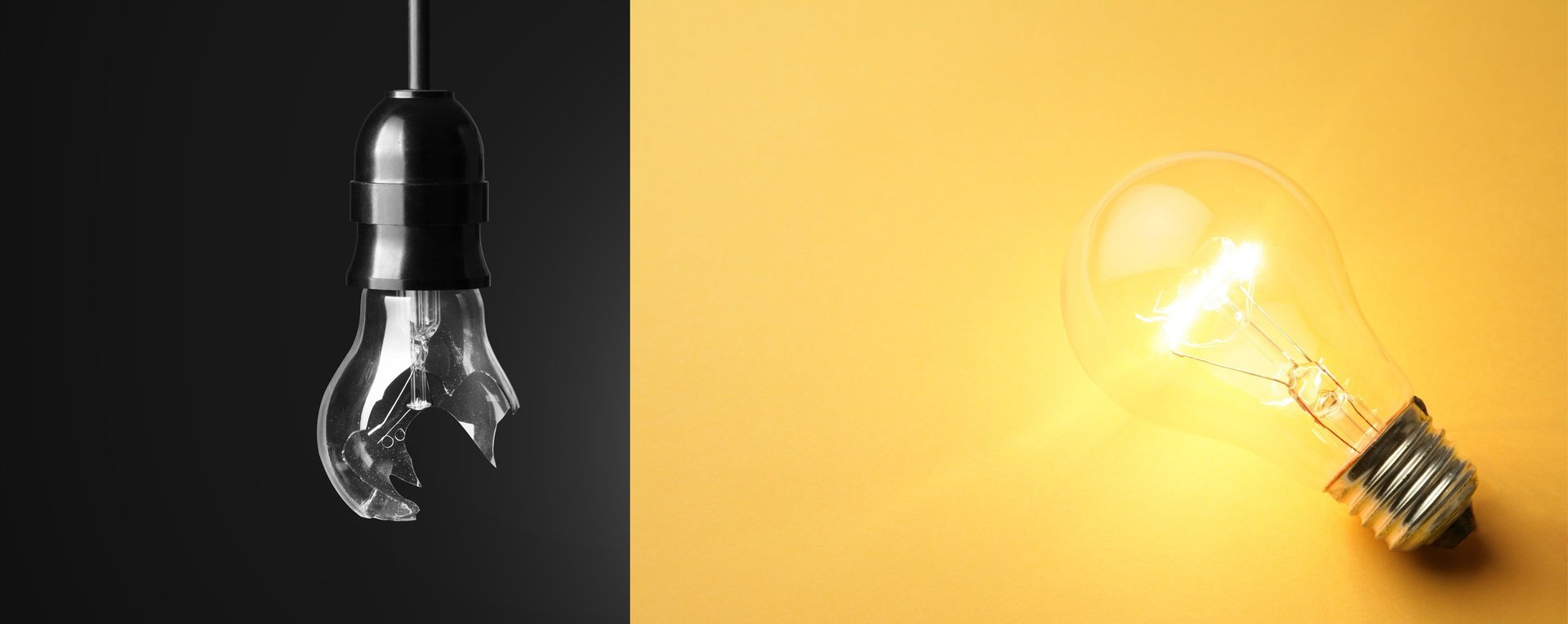Always discuss treatments with your doctor. Information on this website is not medical advice.
Do not stop taking any medication without consulting a medical professional who is familiar with your condition.

Bipolar disorder is characterised by the body not being able to adequately regulate dopamine; there are other neurological factors that contribute but are yet to be fully identified. Dopamine dysregulation sometimes causes excess dopamine to be produced resulting in too much adrenaline which is made from dopamine; the symptoms of this can be mania. In mania, brain signals are firing too fast and the person will speak fast, undertake excessive activity, not sleep, act impulsively due to thinking fast but not rationally, become disoriented from reality (psychosis).
Bipolar depression can appear similar to non-bipolar depression as it results in a person withdrawing from everything they usually enjoy and they slow down, unable to do many things. However, there are differences which are related to a lack of dopamine. Bipolar depression robs the whole body of energy and causes a loss of cognitive capacity which progresses with each episode. Cognitive capacity is lost, psychomotor retardation is pronounced and leaden paralysis is common. This is often entirely unrelated to any life event or circumstance.
Bipolar in brief
It's not what you think it is
© 2024. All rights reserved.


We pay respect to past and present elders & traditional owners of Dharug Country upon whose land this website is maintained. We honour Indigenous peoples as the first and rightful custodians of country throughout all Australian territory.
Every effort has been made to provide independent information from high quality sources to raise awareness of the dangers of valproate and promote informed consent. No responsibility is taken for any instance where a person relies upon any information or link from this website. Individuals are responsible for their own due diligence. The information on this site is not comprehensive.
